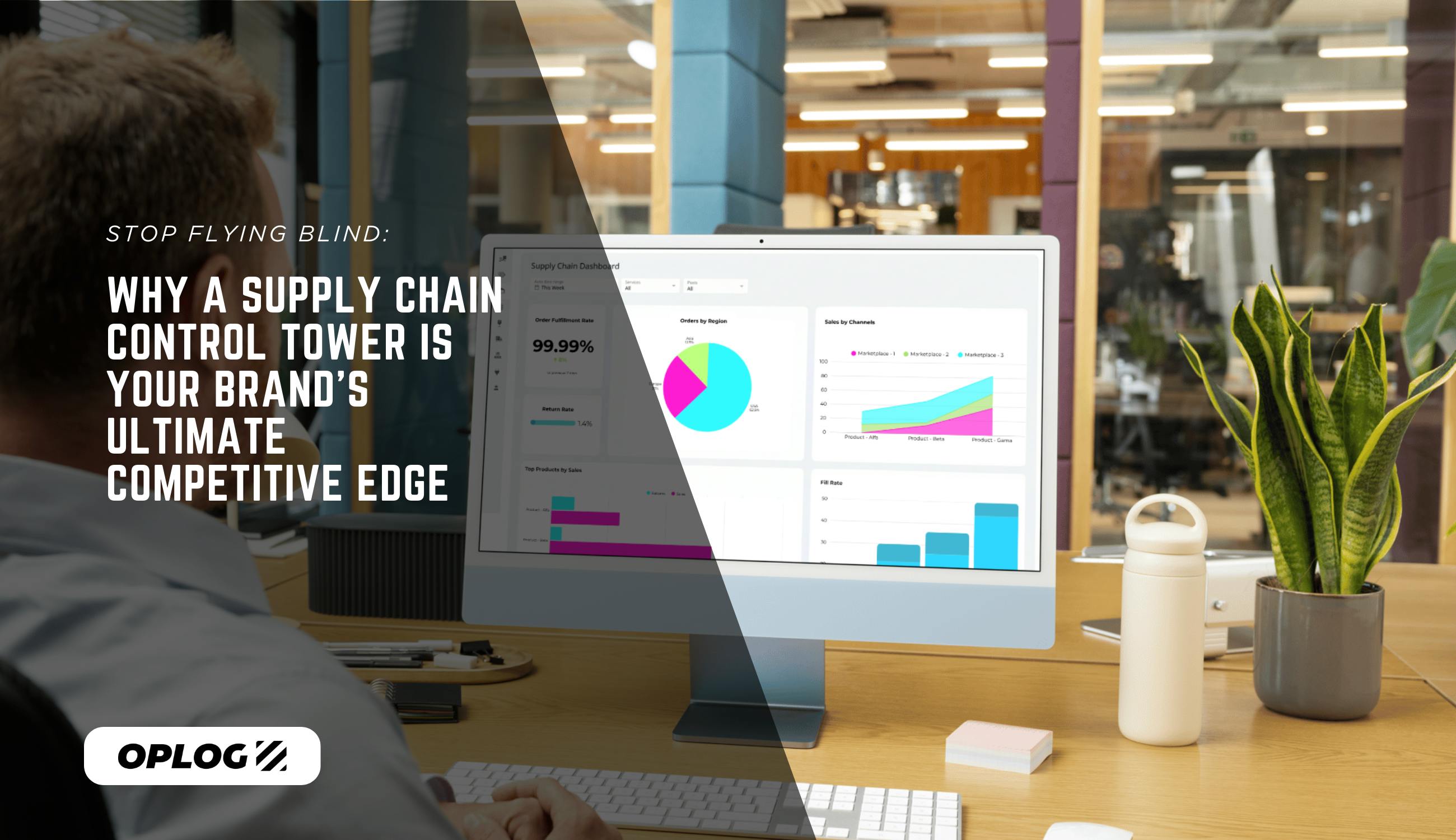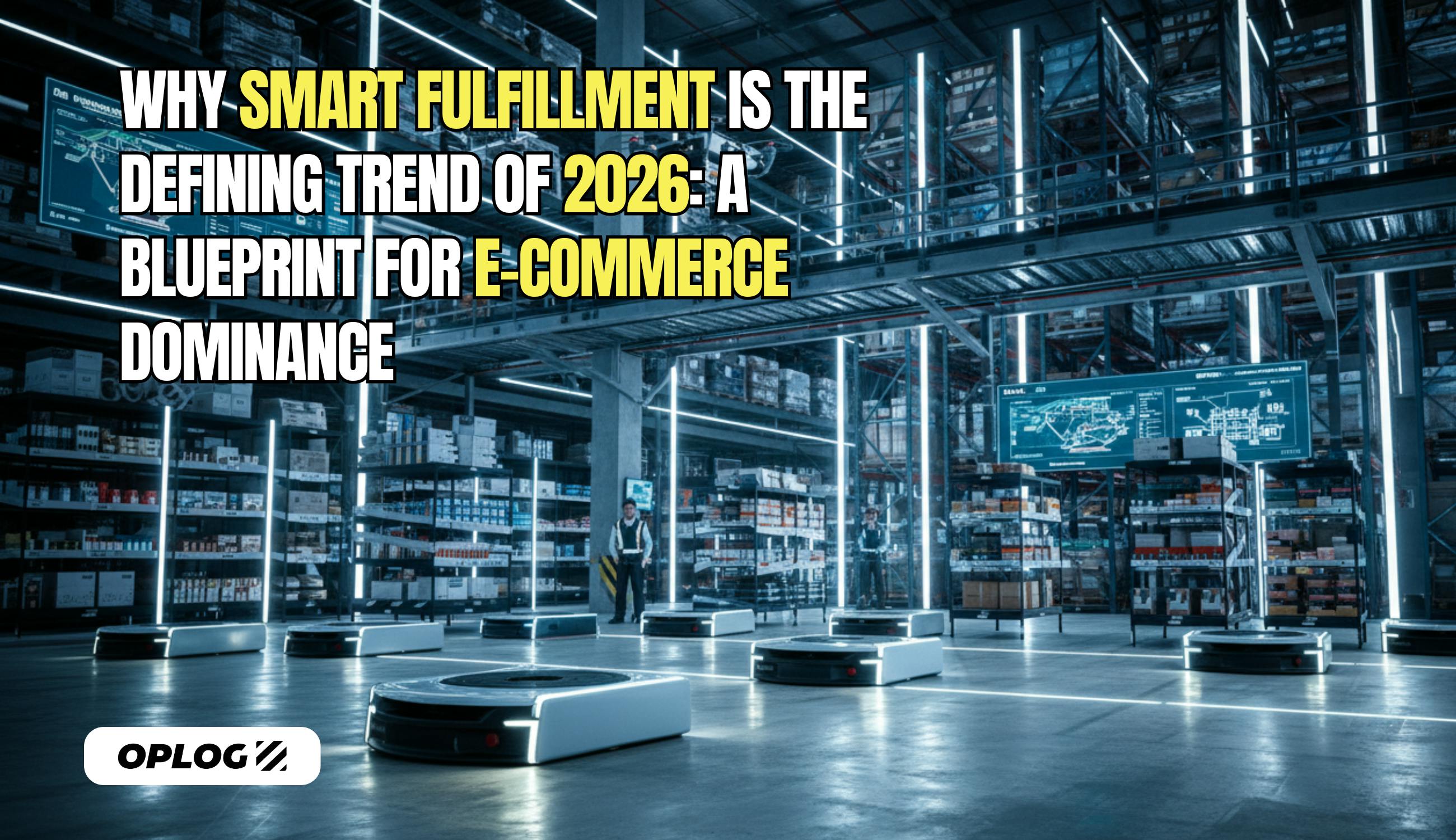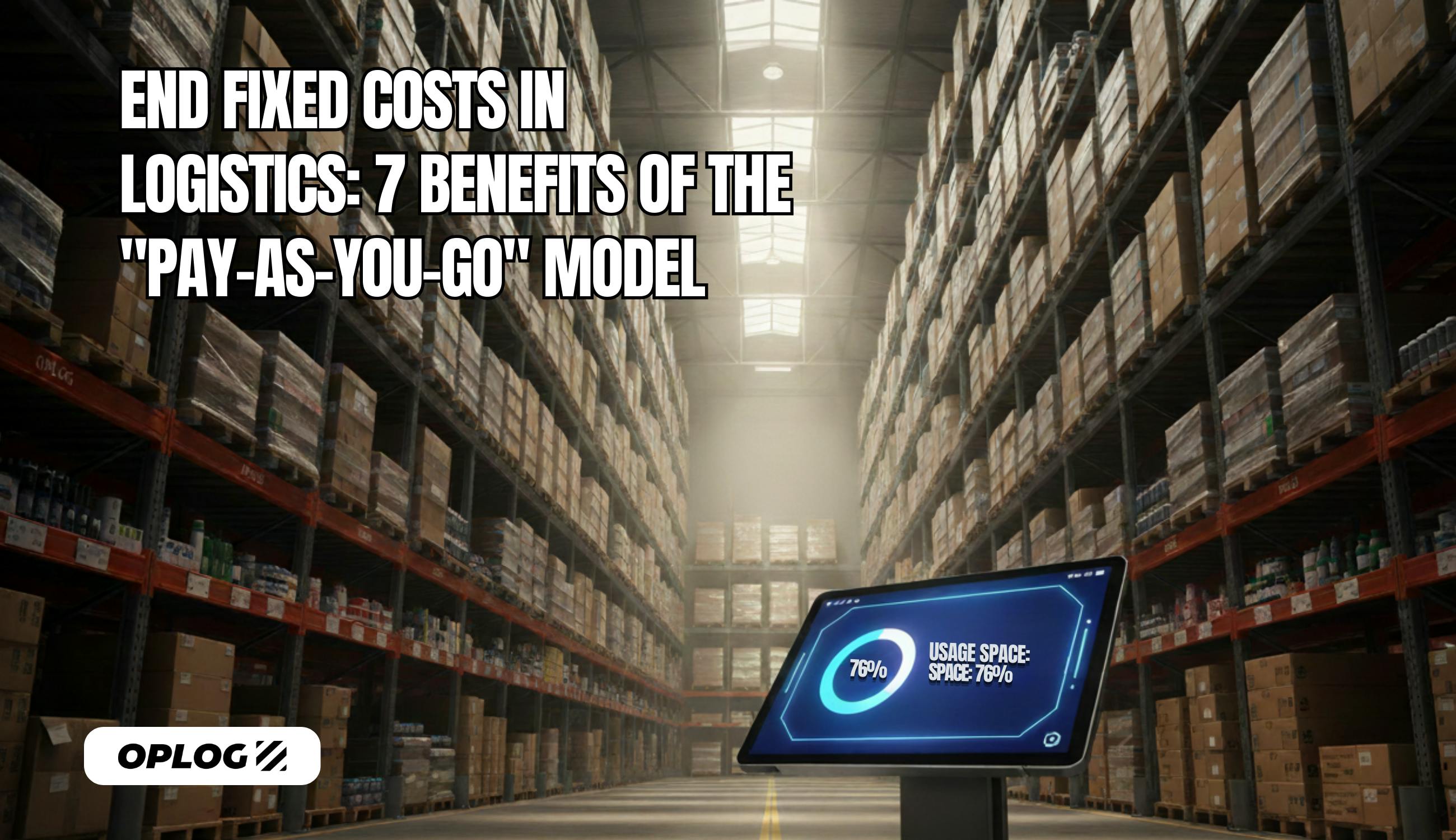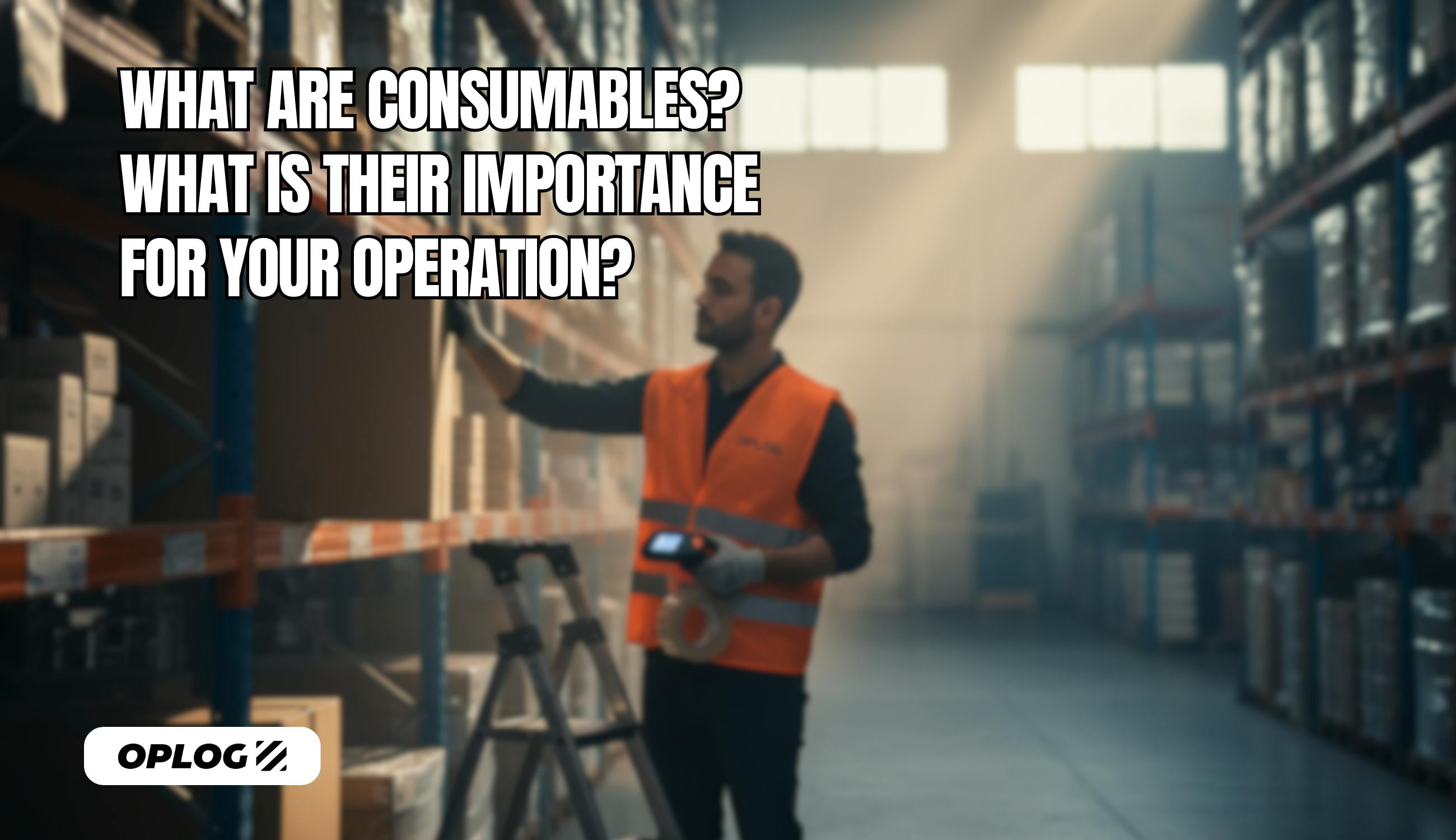What is E-commerce Fulfillment?: Your Complete Guide to Growth
The e-commerce landscape is transforming rapidly. Platforms like Shopify have made it easier than ever to start an online store, and with more consumers turning to the web for their purchases, this trend shows no signs of slowing down.
With UK online retail sales projected to reach £285.60 billion by 2025 according to the International Trade Administration’s guide, optimizing your fulfillment operations has never been more crucial. Whether you're scaling your existing business or just starting out, this guide will help you navigate the complexities of modern e-fulfillment as well as make informed decisions about an everlasting dilemma: inhouse vs. 3pl fulfillment.
The Evolution of E-commerce Fulfillment in the UK
Consumer expectations have undergone a dramatic shift. Standard delivery windows that were once industry standard now risk losing you customers – research shows that 63% of UK consumers abandon their shopping carts when delivery options don't meet their expectations.
But do not let the numbers intimidate you. This shifting landscape presents opportunities for your business alongside the challenges. Consider this: while managing next-day delivery and real-time tracking might seem daunting, implementing the right fulfillment strategy can transform these customer expectations into a competitive advantage.
What is 3pl Fulfillment in E-commerce?
Third-party logistics (3pl) in e-commerce fulfillment involves outsourcing your order fulfillment processes to an external service provider, such as OPLOG. This provider will oversee the warehousing, inventory management, picking & packing, shipping, and the return process of your products, ensuring efficient and accurate order delivery and improved customer satisfaction.
Inside Modern e-Fulfillment: Beyond the Basics
Modern e-fulfillment combines sophisticated technology, precise execution, and customer-centric service. Understanding how these elements work together can help you build a more resilient and efficient operation.
Here is an established and generally accepted e-commerce fulfillment process followed by 3pl fulfillment partners.
Receiving: First Impressions Count
The journey of efficient order fulfillment begins long before your customer clicks "buy." When products arrive at the warehouse, they need proper handling, inspection, and systematic organization. Think of it as setting the stage for success – one misplaced item can throw off your entire operation.
Here's what modern receiving looks like:
- Systematic barcode scanning and documentation
- Quality control checks against manufacturer specifications
- Strategic placement based on sales velocity
- Integration with real-time inventory management systems
Smart Warehousing: Build Your Competitive Edge
Traditional warehouse management often meant dealing with delayed stock updates and manual inventory counts. Today's smart warehousing solutions offer a different reality.
Modern solutions like OPLOG ONE offer a sophisticated warehouse management system (WMS) that provides instant visibility across entire inventory. Here is an example of how real-time tracking apps work with your sales platforms:
- Real-time inventory insights that prevent stockouts
- Multi-channel stock synchronization
- Detailed analytics for informed decision-making
You can use a system such as OPLOG ONE to track all product details including expiration date, which helps you detect your most and least fresh products and gives you meaningful insight for solid decisions: keep the item in stock or start a discount, or maybe launch a social media campaign to send it out as a sample. Below is an OPLOG ONE screen that shows inventory information from a customer's eye:
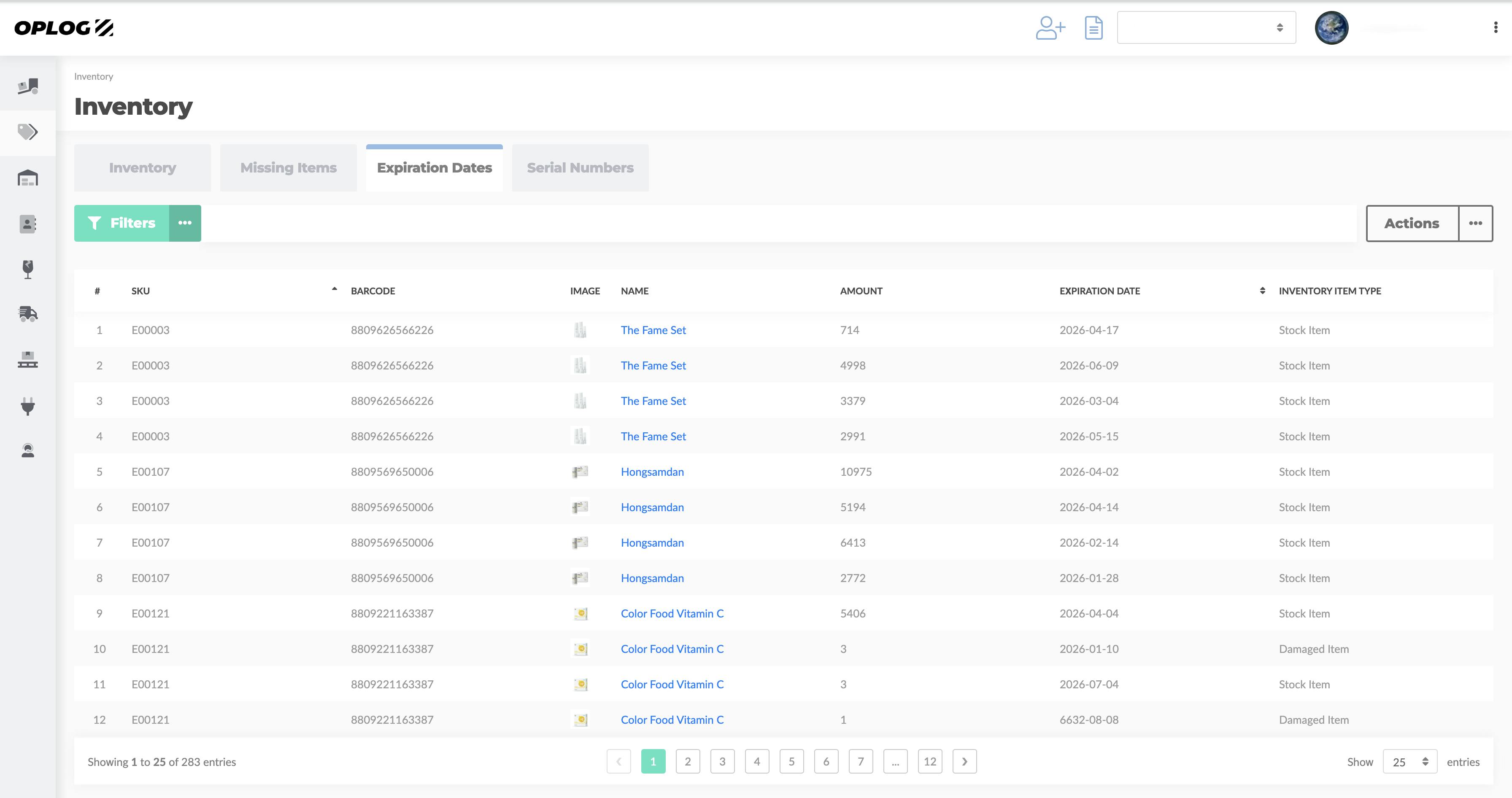
Picking & Packing: Speed Meets Precision
No more paper picking lists and manual item searches. Modern fulfillment centres are embracing robotics to revolutionize this crucial step. According to recent data, warehouses implementing automated picking solutions have seen significant efficiency improvements.
Oplog’s very own picking robot TARQAN exemplifies this evolution by drastically reducing warehouse walking time. It means 4 times faster order processing and near-zero error rates.
Modern and sustainable packing solutions are another key trend that transforms customer experience with online orders. Gift wrapping, bundle creation, and special packaging for influencer collaborations are to make fulfillment landscape evolve.
Shipping: Your Brand's Final Handshake
The last mile can make or break your customer relationship. For international orders, partnering with reliable carriers and understanding customs regulations can help you expand your reach and effectively serve a global customer base. Modern fulfillment solutions offer:
- Multiple carrier options for optimal routing
- Real-time tracking updates
- Same-day and next-day delivery capabilities
- Custom delivery notifications
Returns: Turning Lemons into Lemonade
Returns processing involves inspecting returned items, restocking them if they are in sellable condition, and updating inventory records. As daunting as they seem, with proper management, returns can become opportunities for customer loyalty. Utilizing returns management software can streamline this process by automating return authorizations, tracking returned items, and processing refunds or exchanges.
In-House or 3PL?: The Great Debate
Let's cut to the chase – should you handle fulfillment yourself or outsource your needs to a 3PL? To decide what’s best for your e-commerce business, here’s what you need to know in a nutshell:
In-House Fulfillment

3PL Fulfillment

What’s Your Take In It?
At first glance, outsourcing fulfillment looks more advantageous than handling it yourself. However, it depends on the dynamics and nature of your business as well. Let’s look at our options closely.
Choosing In-House Fulfillment
If you already have resources to invest in warehousing, technology, and staff as a large-sized e-commerce business, in-house fulfillment might come with a smaller red frame for you.
But still, there will always be other important tasks that you should focus on, such as manufacturing, marketing, and sales. Outsourcing fulfillment to 3pls can help large-sized businesses allocate resources effectively, decrease costs, and enhance customer experience with faster delivery times.
Choosing 3PL Fulfillment
This option works best for small to medium-sized e-commerce businesses. With limited resources and investment for warehousing, technology, and staff, outsourcing fulfillment might come in handy. Opting for a modern e-commerce fulfillment provider can help you with excellent customer service, easy scalability, and cost-efficiency through tailored solutions.
How You Get Around the Disadvantages of Outsourcing Fulfillment
Although the pros of partnering with a 3pl fulfillment provider already outnumber the cons, why not aim for minimizing the red frame? Opt for e-commerce fulfillment centres that offer:
- Transparent monitoring through all operations. Fulfillment centres that use real-time tracking applications enable you to follow every step from receiving to return and monitor stock levels any time. Some e-commerce fulfillment centres even allow for more transparency, such as Oplog recording the order packing process on camera for their clients to watch.
- Flexible pricing. Most 3pls still work with old school business and pricing models, leaving e-commerce businesses no choice but to take financial risks by paying extra for a service they might not use at the end of the day. Some modern fulfillment providers, on the other hand, offer flexible payment options such as the “pay-as-you-go” model, which is based on the unit pricing model, without a minimum level requirement.
- Dedicated customer support. Partnering with an equipped 3pl that assigns a dedicated person only to your brand will enable clear communication and quick solutions to potential problems with your end-customers.
Remember, success in e-commerce isn't just about selling products – it's about delivering experiences. Following key trends such as AI-driven inventory management and sustainable packaging solutions is what will turn your logistics from a headache into a competitive advantage. Outsourcing your e-commerce fulfillment needs to a 3pl can help you get there and save on fulfillment costs even if you have the resources and the time.
The Future of E-commerce Fulfillment is Already Here at Oplog
Oplog is a leading provider of e-commerce fulfillment services. With multiple international fulfillment centres at strategic locations, equipped with the latest technology and experts in the industry, we offer comprehensive solutions tailored to meet your online business’s needs, from international shipping to returns management.
Oplog puts a tick on all advantages you see on the green chart, and offers a solution to every drawback on the red one. Get a quote today to learn how modern Oplog e-fulfillment can drive your business growth.


